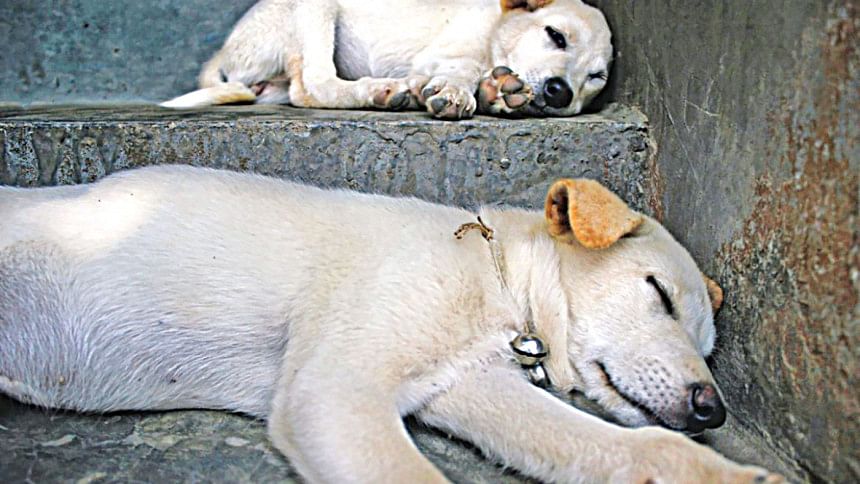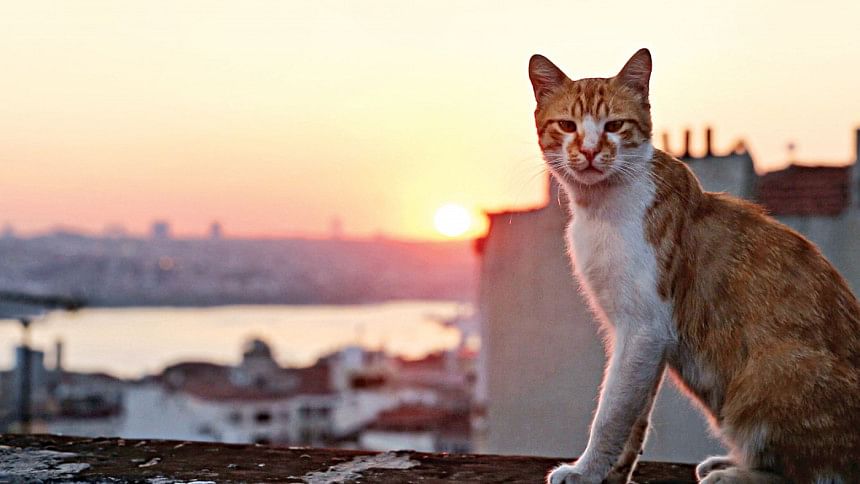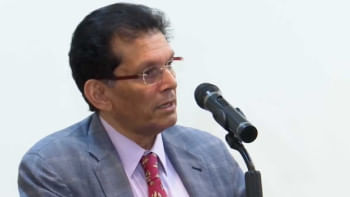Kedi and Kukur: A Tale of Two Cities

Istanbul is a big, vibrant city overlooking the Bosphorus Strait. It was the capital of the Byzantines and the Ottomans, and their imprint is found everywhere in the city, not to mention the Hagia Sophia, Topkapi Palace and the Blue Mosque. But you know that already. What you might not know is that this city is also filled with much smaller, but no less significant imprints.
Istanbul is home to over a million stray cats, who are the subject of the 2016 documentary Kedi – the Turkish word for "cat" – directed by Ceyda Torun.
Kedi is an intimate, loving portrait of Istanbul through the eyes of cats, and the human beings they share the city with. It is said that cats are not only the cultural symbol of Istanbul, but the city's very soul. There are different theories about how cats chose to rule this city. According to one version, during the Ottoman era, when ships from different lands docked at the Bosphorus, the ships' cats would disembark and settle on the city's hills. The residents welcomed the cats with open arms, appreciating their skills to hunt mice.
Istanbulites still love cats. They stop on their errands to pat furry heads they come across. It is a common practice to designate public drinking bowls for stray animals, including dogs. So is feeding cats on the way to work, or taking them to the vet. The documentary interviews people of different backgrounds and occupations, who fondly share anecdotes of their feline friends. The camera follows these balls of fluff all around the city – sleeping, eating, guarding their kittens, fighting over territory – and looking adorable while they do so. The interviewees also reflect on the nature of cats, and their relationship with humans. Some recount how cats helped them heal from within.
The documentary is a wholesome trip that lasts for eighty minutes. Yet, there is an undertone of concern over the future of Istanbul's cats. With the rise of skyscrapers and gentrification, some residents worry that Istanbul is turning less cat-friendly. This affects the locals too, as a woman puts it, "It would be easy to see street cats as a problem and handle them as a problem. Whereas if we learn to live together again, maybe we'll solve our own problems as we try to solve theirs."

Does this ring a bell? Dhaka, at least in the south, is going through a similar dilemma with stray dogs. Last month, Dhaka South City Corporation (DSCC) announced an initiative to relocate 30,000 stray dogs to curb dog population. At the time of writing this article, it had already begun. According to a report on The Daily Star on September 17, stray dogs from Dhanmondi, University of Dhaka and other areas are being sedated, loaded on trucks, and dumped in the Matuail landfill site. It is not only counter effective, but according to activists, illegal as well. Animal welfare organisations and activists have been protesting this move since the beginning, pointing out that the vaccination and sterilisation programmes they carry out are scientifically proven to be more effective than senseless relocation. Yet, the authorities concerned seem to pay no mind.
Then, there are a portion of the public who are applauding this initiative, who are justifying this cruelty against poor street dogs with pathetic excuses. I'm not going to list and debunk them, you'll find plenty of that on social media. What I want to ask them is, if you support what DSCC is doing, have you wondered why? Is it your hatred for dogs? If so, ask yourself why you hate them, and if your reasons are rational. Do you hate them because they block your way? If so, I can think of much more dangerous threats outside: thugs, catcallers, reckless drivers, kidnappers and so on. Do you think dogs pose as much threat as them? The most a dog will "annoy" you is for food or affection. If you ever indulge in these wishes, even once, the dog you hate will swear loyalty to you for as long as it lives. They are not dubbed "man's best friend" for nothing.
What restores my faith in humanity is knowing that there are many people in Dhaka and throughout Bangladesh who know this. Students who still go to their abandoned campuses every day so that their canine friends don't starve. The homeless and day labourers who share their humble belongings with stray dogs. The ones who are against this move even though they are cynophobic. The ones who have braved the stink of Matuail to bring their beloved dogs back, in the midst of a pandemic.
To DSCC, I could ask the same questions a few paragraphs above. Please, mull them over. While you do that, watch Kedi as well (with subtitles, since it's in Turkish). Maybe you'll learn something that leads to a change of heart, something that will make you call off this initiative. As a fish vendor in Kedi perfectly puts it, "People who don't love animals can't love people either."
Adhora Ahmed's cats hate dogs, but what they hate more is the relocation of thousands of their foes to a landfill, because they wouldn't wish this for their worst enemy. Join them in solidarity at [email protected]

 For all latest news, follow The Daily Star's Google News channel.
For all latest news, follow The Daily Star's Google News channel. 



Comments